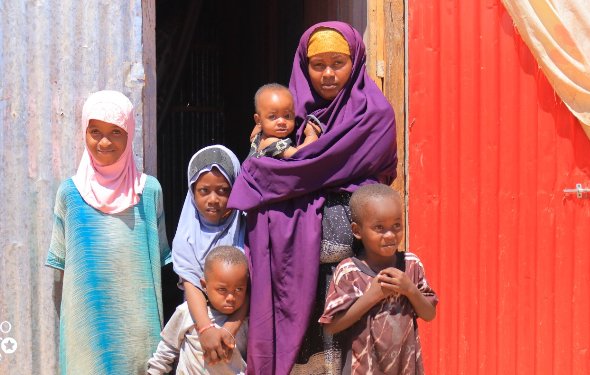The Radio Ergo Weekly Feedback Report issued on 11 September 2025 offers a compelling snapshot of the lived experiences of Somali citizens grappling with a range of urgent challenges. Through listener call-ins and messages, the report captures raw, unfiltered voices from across the country, many of whom are facing the harsh realities of drought, displacement, and economic hardship. A significant number of callers expressed deep concern over the worsening water shortages, with some communities reporting complete lack of access to clean drinking water. These conditions have not only affected daily life but have also intensified health risks, particularly among children and the elderly.
In regions plagued by conflict, displacement remains a dominant theme. Internally displaced persons (IDPs) described overcrowded camps with inadequate shelter, food, and medical services. Many lamented the absence of humanitarian aid and the lack of job opportunities, which has left families struggling to survive. The psychological toll of displacement was also evident, with some callers sharing feelings of hopelessness and anxiety about their future. Despite these grim accounts, there were scattered reports of rainfall in certain areas, offering a glimmer of hope for farmers and pastoralists who have endured months of dry conditions. However, the rainfall was inconsistent and insufficient to reverse the broader impact of prolonged drought.
Education emerged as another pressing concern, particularly for children in displaced communities. Parents voiced frustration over the lack of access to schools and learning materials, fearing that their children’s futures were being compromised. Mental health issues were also raised, with several listeners describing symptoms of depression and trauma, often linked to conflict and displacement. Livestock health was another recurring topic, as pastoralists reported disease outbreaks and lack of veterinary support, threatening their primary source of livelihood.
The report underscores the importance of platforms like Radio Ergo in amplifying the voices of ordinary Somalis, many of whom feel overlooked by formal institutions and international actors. By providing a space for direct communication, Radio Ergo not only informs humanitarian response efforts but also fosters a sense of solidarity among listeners. The feedback reflects a population that is resilient yet burdened, hopeful yet in need of urgent support. It is a powerful reminder that behind every statistic lies a human story, and that listening is the first step toward meaningful action.
